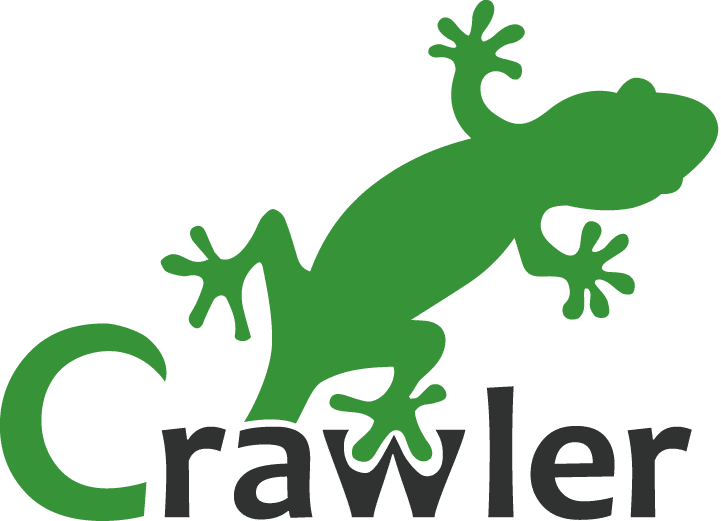Proxy Servers for NodeCrawler

Proxy servers for use in NodeCrawler. Unlimited traffic. Supported protocols: HTTP, HTTPS, SOCKS 4, SOCKS 5, UDP. Rotating proxies with pay-per-request. Reliable and stable connection with 99.9% uptime. Fast speed. Technical support 24/7.
Price: 59
Price Currency: USD
Operating System: Windows, macOS, iOS, Android, Linux, Ubuntu
Application Category: UtilitiesApplication
4.7
What is NodeCrawler?
NodeCrawler is an open-source web scraping framework designed to automate the data extraction process from websites. Built on top of the Node.js environment, it simplifies the otherwise complex tasks involved in scraping data by providing a robust set of features. These include, but are not limited to:
- Request Handling: Automatically manages HTTP requests to fetch website content.
- Content Parsing: Utilizes libraries such as Cheerio for HTML parsing.
- Rate Limiting: Manages the speed and frequency of your scraping tasks.
- Concurrent Operations: Allows multiple scraping tasks to run simultaneously.
| Features | Description |
|---|---|
| Request queue | Efficiently manage multiple scraping requests. |
| Data Filtering | In-built capability to sort and filter data. |
| Error Handling | Robust system to manage and troubleshoot errors. |
| Logging | Advanced logging features for better tracking. |
What is NodeCrawler Used for and How Does it Work?
NodeCrawler is primarily used for automated data extraction from websites. Its applications are diverse, ranging from gathering business intelligence, monitoring competitor pricing, extracting product details, to sentiment analysis and much more.
The workflow of NodeCrawler involves the following steps:
- Target Website: NodeCrawler starts by targeting the website from which data needs to be extracted.
- Send HTTP Requests: It sends HTTP requests to fetch the HTML content.
- HTML Parsing: Once the HTML is fetched, it is parsed to identify the data points that need to be extracted.
- Data Extraction: Data is extracted and stored in the desired format—be it JSON, CSV, or a database.
- Looping and Pagination: For websites with multiple pages, NodeCrawler will loop through each page to scrape data.
Why Do You Need a Proxy for NodeCrawler?
Utilizing proxy servers while running NodeCrawler enhances the capabilities and safety of your web scraping endeavors. Here’s why you need a proxy:
- IP Anonymity: Mask your original IP address, reducing the risk of being blocked.
- Rate Limiting: Distribute requests across multiple IPs to avoid rate limits.
- Geolocation Testing: Test web content visibility across different locations.
- Increased Efficiency: Parallel scraping with multiple IPs can be faster.
Advantages of Using a Proxy with NodeCrawler
Employing a proxy server like OneProxy provides multiple advantages:
- Reliability: Premium proxies are less likely to get banned.
- Speed: Faster response times with datacenter proxies.
- Scalability: Easily scale your scraping tasks without limitations.
- Security: Enhanced security features to protect your data and identity.
What are the Cons of Using Free Proxies for NodeCrawler
Opting for free proxies may seem tempting but comes with several downsides:
- Unreliable: Frequent disconnections and downtimes.
- Security Risks: Susceptible to data theft and man-in-the-middle attacks.
- Limited Bandwidth: May come with bandwidth restrictions, slowing down your tasks.
- No Customer Support: Lack of dedicated support in case of issues.
What Are the Best Proxies for NodeCrawler?
When it comes to choosing the best proxies for NodeCrawler, consider OneProxy’s range of datacenter proxy servers. OneProxy offers:
- High Anonymity: Mask your IP effectively.
- Unlimited Bandwidth: No data transfer limits.
- Fast Speed: High-speed data center locations.
- Customer Support: 24/7 expert assistance for troubleshooting.
How to Configure a Proxy Server for NodeCrawler?
Configuring a proxy server for NodeCrawler involves the following steps:
- Choose a Proxy Provider: Select a reliable proxy provider like OneProxy.
- Proxy Credentials: Obtain the IP address, port number, and any authentication details.
- Install NodeCrawler: If not already done, install NodeCrawler using npm.
- Modify Code: Incorporate proxy settings into your NodeCrawler code. Use the
proxyattribute for setting the proxy details. - Test Configuration: Run a small scraping task to test if the proxy has been configured correctly.
Incorporating a proxy server like OneProxy into your NodeCrawler setup is not just an add-on but a necessity for efficient, reliable, and scalable web scraping.













